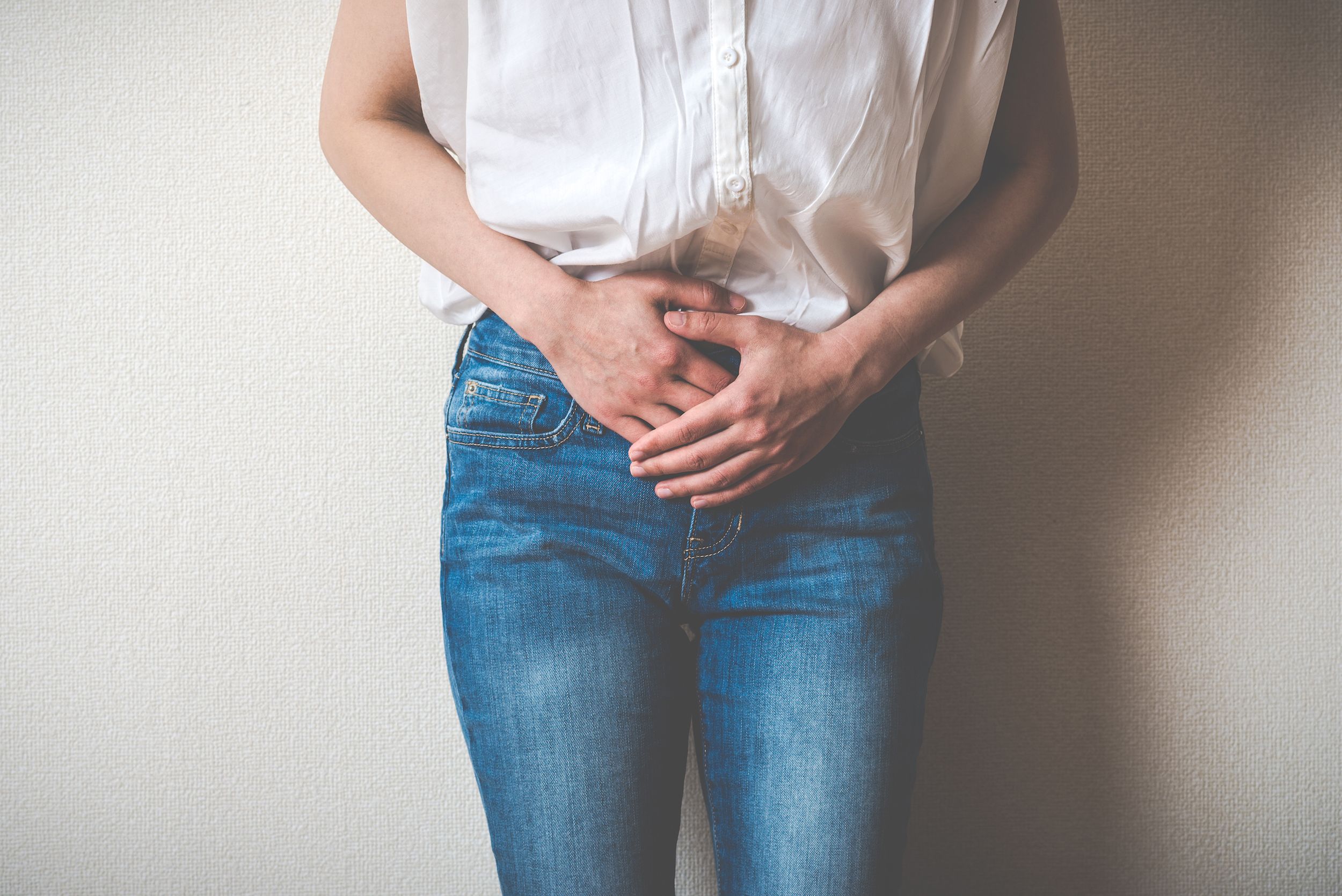Birth control can impact your periods, but the effects can vary depending on the type of birth control you use.
Hormonal contraceptive methods, such as the pill, may make your periods lighter and reduce cramping. Copper IUDs, on the other hand, may cause heavier periods and more cramping.
Hormonal birth control can cause irregular bleeding or spotting, especially in the first few months of use. This is more common with certain types of hormonal birth control, such as the mini-pill (progestogen-only pill) and the injection. Hormonal birth control can also cause missed periods or lighter and shorter periods.
Hormonal contraception may sometimes be used to manage certain menstrual symptoms, such as heavy bleeding or painful cramps.
Combined hormonal contraceptives
Combined hormonal contraceptives (CHCs) are a type of birth control that contains both oestrogen and progestin hormones. This type of contraception includes the pill and the patch.
CHCs are highly effective at preventing pregnancy when used correctly and consistently. They also offer other benefits, such as:
- Making your periods lighter
- Reducing cramping
- Regulating your cycle
- Reduce the risk of ovarian and endometrial cancers
- Prevent ovarian cysts
- Lower the risk of pelvic inflammatory disease
CHCs are also easy to use and most of the time can be taken at home.
CHCs may not be suitable for everyone, and it is important to discuss any concerns with your doctor. They may not be recommended if you have certain medical conditions, such as high blood pressure, liver disease or a history of blood clots. Additionally, they may not be suitable if you smoke or are over the age of 35.
Progestogen-only contraception
Progestogen-only contraception (POC) is a type of birth control that contains progestogen hormone only, and not oestrogen. This type of contraception includes the mini-pill, injection and implant.
POC can be an effective form of contraception for people who cannot or do not want to use options that contain oestrogen.
Some of the benefits of POC include:
- Easy to use
- Can be long-lasting — the injection and implant can last months or years
- Reduce the risk of endometrial cancer
- Lower the chances of ectopic pregnancy
- Reduce the risk of pelvic inflammatory disease
- Fewer oestrogen-related side effects, such as nausea, headaches and breast tenderness
POC can affect periods in different ways, depending on the type of contraception you take. The mini-pill can cause irregular bleeding or spotting and may make your periods lighter or heavier. The injection and implant can cause changes in bleeding patterns, such as lighter or missed periods.
POC may be suitable if you cannot or do not want to use oestrogen-containing contraceptives. This includes people who are breastfeeding, have a history of blood clots or have certain medical conditions.
However, it may not be recommended if you are at risk of osteoporosis, as it can decrease bone density over time.
Intrauterine devices (IUDs)
Intrauterine devices (IUDs) are a form of long-acting, reversible contraception that are placed inside the uterus. They are small, T-shaped devices that are made of either copper or contain hormones and they prevent pregnancy by changing the way sperm moves, or by thickening cervical mucus.
There are two types of IUDs available in the UK: the copper IUD and the hormonal IUD. The copper IUD does not contain any hormones and can last up to 10 years. The hormonal IUD contains progestin hormone and can last up to 3–5 years, depending on the type.
Some of the benefits of using an IUD include:
- They are over 99% effective in preventing pregnancy
- They last many years before needing to be replaced or removed
- Hormonal IUDs can make your periods shorter and lighter or stop them completely
- They can reduce the risk of endometrial cancer and pelvic inflammatory disease
IUDs may be suitable if you want a reliable, long-acting form of contraception. They can be beneficial if you struggle with using other forms of contraception consistently or cannot use oestrogen-containing contraceptives due to medical conditions.
Barrier methods
Barrier methods of contraception work by physically preventing sperm from reaching the egg, therefore preventing fertilisation. They include methods such as condoms, diaphragms, cervical caps and contraceptive sponges.
The benefits of using barrier methods include:
- Protection against STIs — barrier methods are the only contraceptive effective for this
- No hormonal side effects
- Used when needed
- No long-term commitment
However, there are some potential drawbacks to using barrier methods. They can be less effective than other forms of contraception, mainly if not used correctly or consistently.
Barrier methods can be suitable for you if you want to prevent pregnancy without using hormonal contraception or have concerns about the side effects of hormonal contraception. They may also be a good option if you are not in a monogamous relationship and want to protect yourself against STIs.
Barrier methods do not directly impact periods, although some women may experience irritation or discomfort from the use of diaphragms or cervical caps. Condoms can sometimes break or slip off as well, which can lead to unintended pregnancy or exposure to STIs.
